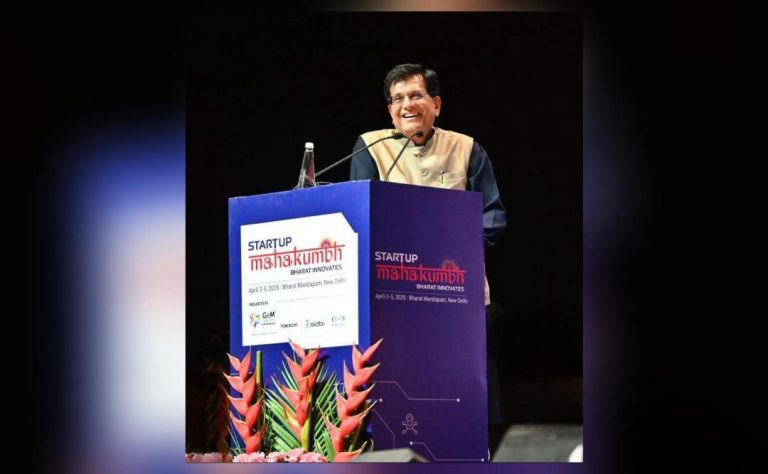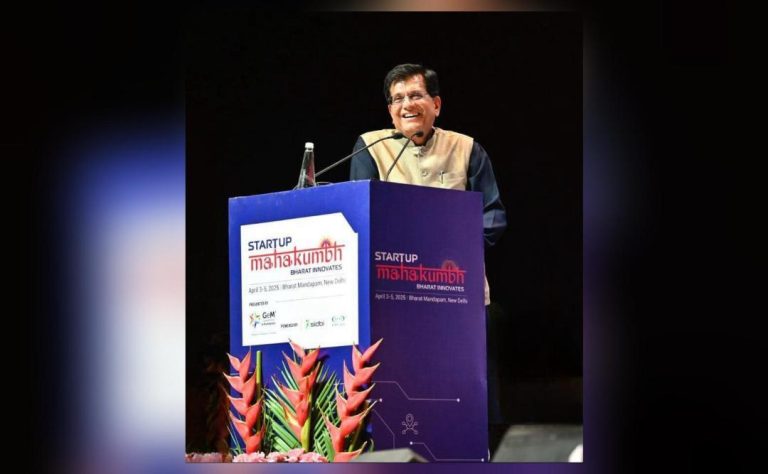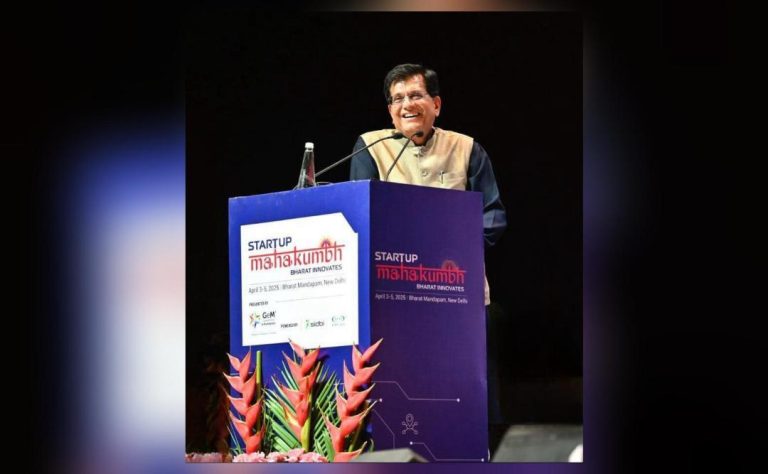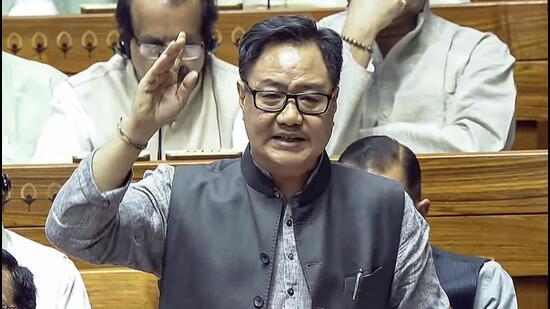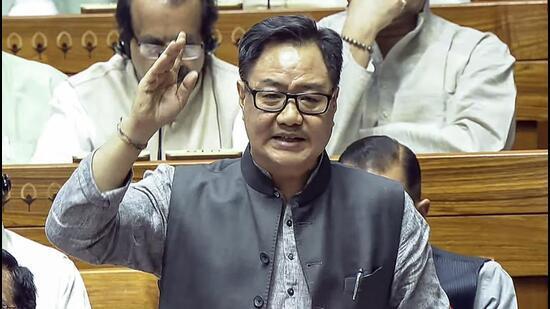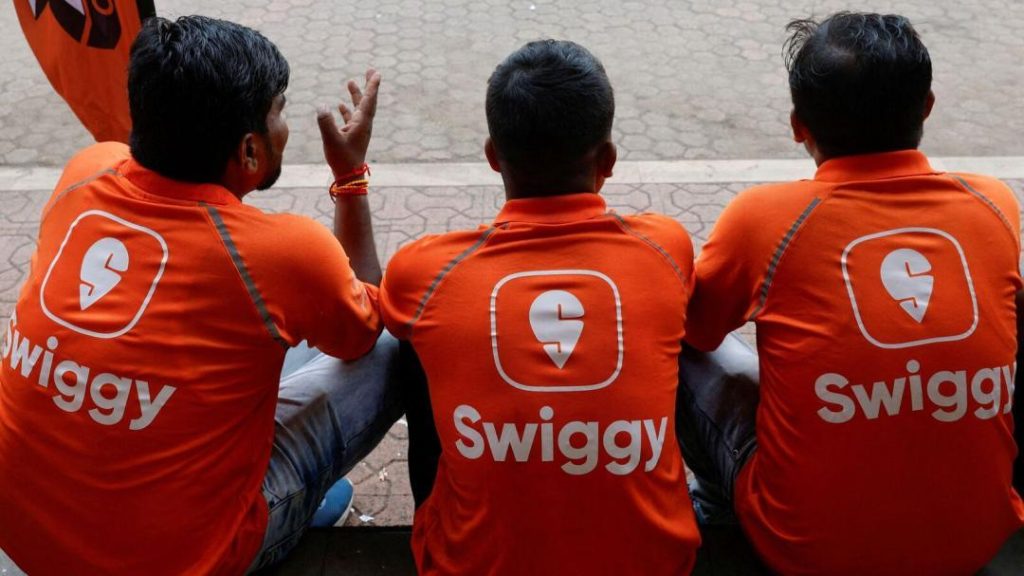
Swiggy Faces ₹158 Crore Tax Demand Over Cancellation Fees
In a recent development, Swiggy, one of India’s leading food delivery startups, has received a tax demand of ₹158 crore from the Income Tax Department for the financial year 2021-22. The demand is related to alleged violations of tax provisions regarding cancellation charges paid to merchants. The Bengaluru-based company has announced its intention to appeal the demand, claiming that it stems from a misunderstanding of tax provisions.
The tax demand is a significant blow to Swiggy, which has been expanding its operations rapidly across the country. The company has been facing increased competition from rival food delivery startups, and this tax demand could potentially impact its financial performance.
According to sources, the tax demand is related to the cancellation fees that Swiggy charges to its customers when they cancel their orders. The company claims that it deducts a small percentage of the order value as a cancellation fee, which is then remitted to the merchants. However, the Income Tax Department has alleged that Swiggy is violating tax laws by not deducting tax on these cancellation fees.
The tax demand of ₹158 crore is based on the Income Tax Department’s calculation that Swiggy has failed to deduct tax on cancellation fees worth ₹400 crore. The company has been asked to deposit the amount within 30 days, failing which it will attract interest and penalties.
Swiggy has responded to the tax demand by stating that it will appeal the decision, claiming that the demand is based on a misunderstanding of tax provisions. The company has also stated that it has always followed tax laws and regulations and has been transparent in its dealings with merchants.
Industry experts believe that the case could set a precedent for how cancellation fees are taxed in the evolving digital economy. “This case highlights the need for clarity on taxation of digital transactions,” said a tax expert. “The Income Tax Department needs to provide clear guidelines on how cancellation fees should be taxed, otherwise, companies will face uncertainty and potential disputes.”
The tax demand is not the only challenge that Swiggy is facing. The company has also been facing issues related to food safety and quality, as well as competition from new entrants in the market. In recent months, there have been reports of food poisoning and other quality issues related to Swiggy deliveries, which could potentially impact its brand reputation.
Despite these challenges, Swiggy remains one of the most popular food delivery startups in the country. The company has been expanding its operations rapidly, with a presence in over 500 cities across the country. Its revenue has also been growing steadily, with the company reporting a revenue of ₹3,600 crore in the financial year 2021-22.
The tax demand is a significant setback for Swiggy, but the company is likely to continue its appeal and fight the demand. The outcome of the case will be closely watched by the industry, as it could have implications for other digital companies that charge cancellation fees.
